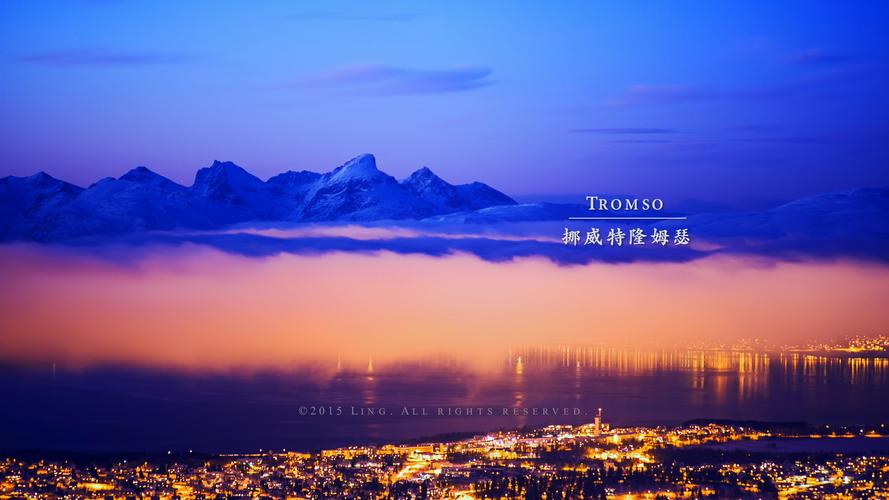The 2000s have been marked by a significant evolution in cultural diversity. The world, at large, has become more interconnected, leading to the rapid exchange of people, ideas, and cultures. As a result, countries are becoming rich in diversity, with several cultures coexisting alongside each other.
One of the most prominent ways in which cultural diversity in the 2000s has evolved is through globalisation. The increased interconnectedness of nations has encouraged people to travel, study and work abroad. This, in turn, has led to the creation of multicultural communities that have brought together people from diverse backgrounds. These communities have not only helped in cultivating an appreciation for different cultures but have also encouraged a more inclusive approach towards social and economic development.
Another significant change in cultural diversity in the 2000s has been the rise of social media platforms. Social media platforms such as Facebook, Twitter, and Instagram have allowed people from different countries to connect, share their cultures, and create an online community. Social media platforms have become an effective tool in promoting cultural diversity, encouraging people to learn about and embrace cultural differences.
In recent years, there has been an increase in the political and social narrative surrounding issues of diversity and inclusion. This has led to a greater emphasis on encouraging respect and tolerance for different cultures and lifestyles. Governments and organizations around the world are taking significant steps towards promoting diversity and inclusion, with policies and initiatives such as affirmative action plans, diversity training programs, and multicultural festivals.
One example of the push for diversity and inclusion is the establishment of the World Day for Cultural Diversity for Dialogue and Development by the United Nations. Celebrated on May 21 annually, the day promotes dialogue and understanding among people of different cultures to help bring about social harmony.
In conclusion, the evolution of cultural diversity in the 2000s has been marked by globalisation, the rise of social media platforms, and a greater emphasis on respect and tolerance for different cultures. Multicultural communities around the world have become more prevalent, while governments and organizations are taking significant steps to promote diversity and inclusion. As we continue into the future, it is essential to continue to appreciate and embrace cultural diversity, to create a more equitable and harmonious world.
(Note: Do you have knowledge or insights to share? Unlock new opportunities and expand your reach by joining our authors team. Click Registration to join us and share your expertise with our readers.)
